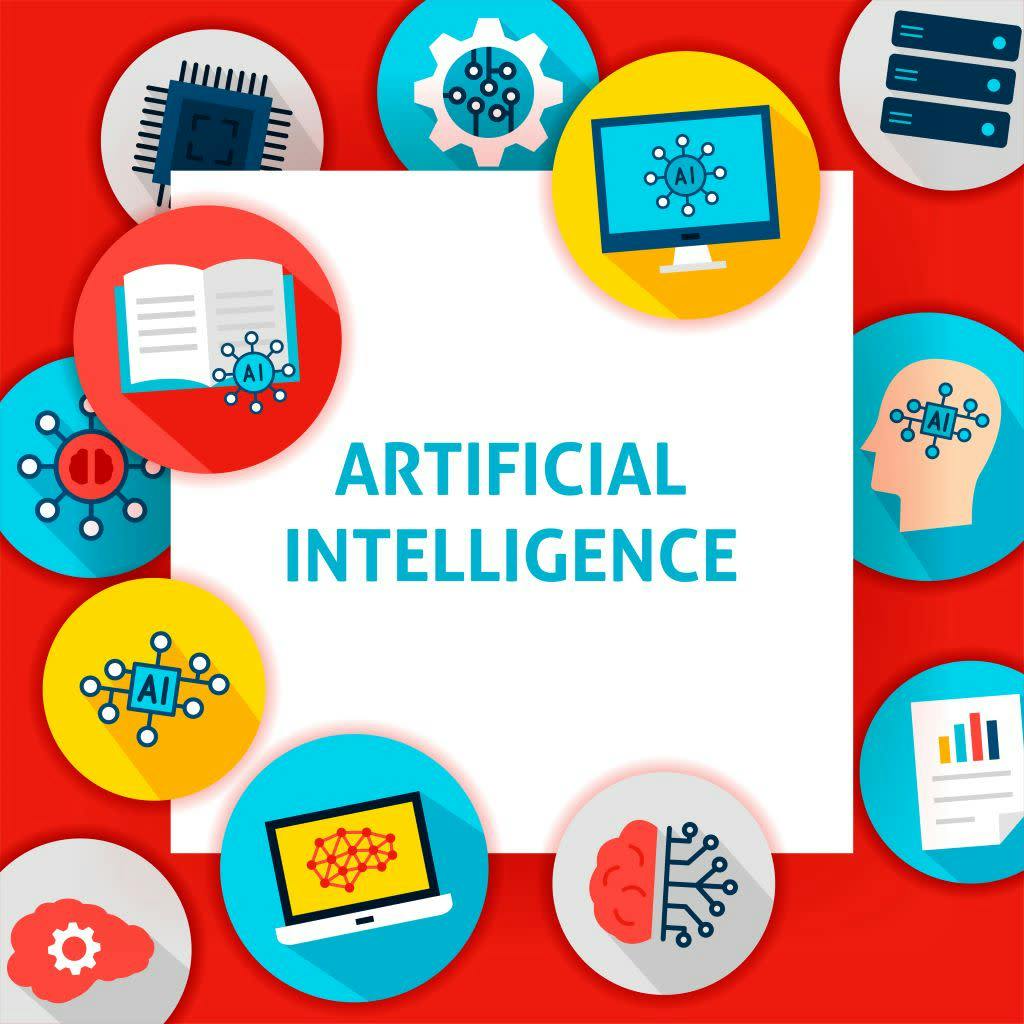The Role of Artificial Intelligence in Search Engine Optimization
Artificial intelligence (AI) is progressively becoming a significant player in various industries, and search engine optimization (SEO) is not exempted from this trend. The intersection of AI in modern digital marketing is creating new opportunities and challenges for businesses. This article will explore the potential future uses of AI, its impact on SEO, and how businesses can adapt to these industry changes.
AI's Current Influence on SEO
AI's influence has already started to manifest itself, particularly with Google's algorithm updates that prioritize SEO and user experience (UX). Instead of relying on traditional keyword-focused strategies, SEO now requires a more nuanced approach. Machine learning search algorithms, like Google's own bots, can understand the context, sentiment, and user intent behind millions of search queries, thereby providing more accurate results.
Future Uses of AI in SEO
AI's potential in SEO is vast, with predictive SEO and personalized search results as emerging areas. AI-powered tools analyze data for future trends, fostering proactive SEO strategies. Simultaneously, AI algorithms customize search outcomes, enhancing user experience and business conversions.
In addition, AI is expected to play a significant role in voice and visual search optimization. With the increasing popularity of smart devices and voice assistants, voice search optimization is becoming an essential aspect of SEO. By understanding natural language queries, AI can provide more accurate results. Similarly, tools like Google Lens enable users to search using images, opening new opportunities for visual search optimization.
The Benefits of Embracing AI in SEO
The integration of AI into SEO offers numerous benefits. For one, AI can simplify the process of keyword research and content optimization, making it easier for businesses to rank higher in search results. AI can also improve the user experience by personalizing content, improving site speed, and providing relevant recommendations.
How Businesses Can Adapt to AI-driven SEO
Businesses can take several steps to adapt to the changes brought about by AI in SEO:
1. Keep Updated: It's crucial to stay informed about the latest developments in AI and SEO to understand how they can impact search engine algorithms and adjust strategies accordingly.
2. Utilize AI Tools: Businesses should consider investing in AI-powered SEO tools for tasks such as keyword research, content optimization, and predictive SEO.
3. Optimize for Voice and Visual Search: As these search methods become more common, businesses should ensure their content is optimized for both voice and visual searches.
4. Improve User Experience: Given AI's emphasis on user experience, businesses need to ensure their websites are fast, mobile-friendly, and easy to navigate.
Incorporating artificial intelligence into search engine optimization (AI and SEO) opens up diverse prospects for businesses. Keeping abreast of future uses of AI, harnessing AI tools, optimizing for voice and visual search, and prioritizing user experience are the keys to businesses thriving in this evolving landscape.
